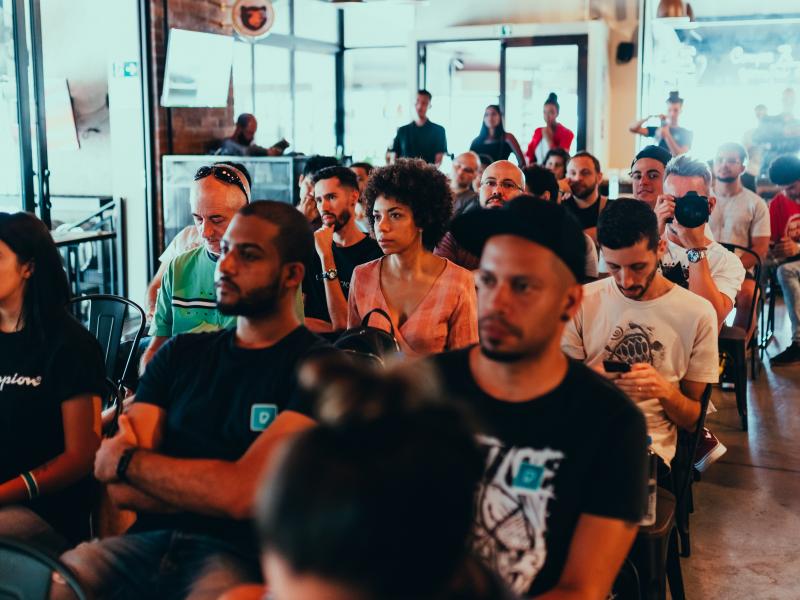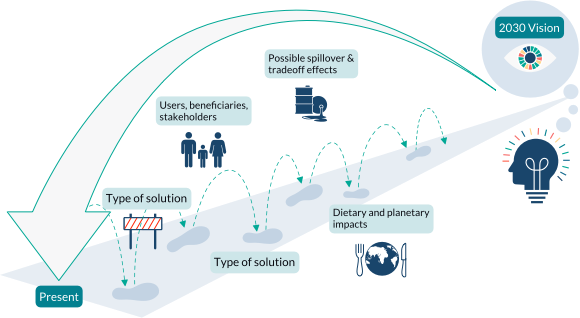Food policy councils

Description of the innovative solution
Food Policy Councils (FPCs) also referred to as Food Systems Committees, are an increasingly prominent governance structure for engaging with the diverse stakeholders of a state/regional/local food system to make the food system more sustainable and equitable, through things like policy and advocacy. By working across sectors and using a systems-lens, food policy councils involve institutions and individuals with varying perceptions, and address broad topics even beyond the food system, from poverty to public health. The membership of these FPCs tends to reflect this breadth, composed largely...
Food Policy Councils (FPCs) also referred to as Food Systems Committees, are an increasingly prominent governance structure for engaging with the diverse stakeholders of a state/regional/local food system to make the food system more sustainable and equitable, through things like policy and advocacy. By working across sectors and using a systems-lens, food policy councils involve institutions and individuals with varying perceptions, and address broad topics even beyond the food system, from poverty to public health. The membership of these FPCs tends to reflect this breadth, composed largely of community members and individuals from other institutions and fields. FPCs take many forms, but some of the most common consist of being embedded within a non-profit, the government, being a grassroots coalition or a stand alone non-profit. As of 2017, 341 FPCs were either active, in development, or in transition in the US and Canada alone, up from 329 FPCs in 2016, a statistic which shows their presence and growth. A special part of this food systems solution is that they prioritize their relationships: partnerships with stakeholders and others have been found to be key to the effectiveness of this governance structure.
Examples and additional resources
Real-world examples
See this solution in action in different contexts and settings around the world
Food Policy Council Report 2018
Food Policy Council Report 2018
Food Security and Nutrition Action Plan in Surabaya City
Additional resources
Learn more about this solution through studies, articles, business cases, and other information
Study on the role of relationships in Food System Committees
Contacts
Connect to others working on and with this solution around the world
Pathways to uptake
Engage with our “backcasting tool” to imagine and design “pathways to uptake” for this solution in your setting.
This process involves defining a future vision of this solution being used in your context, and then working “backwards” to identify necessary steps to achieve this vision by 2030. Going through this exercise as an individual or with a team can help to clarify the WHAT/WHEN/HOW of moving a solution (or package of solutions) towards having major impact. We hope these pathways will inspire outside-of-the-box thinking, creative approaches, and actionable concrete steps to move ideas into action.
Pathway builder
Explore pathways for this solution
Be the first one and add a pathway for this solution!